Identify basic weather vocabulary terms such as windy, cloudy, snowy, cold, etc., with an exciting game of Bingo!
Looking For Weather Activities?
Students learn the importance of understanding different weather conditions as early as preschool. Children learn how to describe the temperature, if there is any form or precipitation, and what conditions are present. Teach Starter has created a bingo game to help your young students recognize basic weather terms.
This download includes 25 bingo boards and two sets of calling cards. One version includes just the vocabulary terms, while the other has written descriptions.
To play, give each student a Bingo board and counters. Choose which calling cards you are going to use: vocabulary terms or descriptions. As you call out a card, students cover the type of weather with a counter if it is on their board. Students score a Bingo when they have four counters in a row.
Please note that the image with windy crossed out represents calm, and the image with cloudy crossed out represents the term “clear.”
Through this activity, students will practice identifying the 12 weather terms: hot, warm, cool, cold, calm, windy, clear, cloudy, rainy, sunny, snowy, and icy.
Tips for Differentiation + Scaffolding
A team of dedicated, experienced educators created this resource to support your science lessons.
Use this bingo game to enhance learning through small groups, whole class lessons, or remote learning assignments.
If you have a mixture of above and below-level learners, check out these suggestions for keeping students on track with the concepts:
🆘 Support Struggling Students
Help students who need help understanding the concepts by providing an anchor chart or poster reminding the students of the meanings of the various weather terms.
➕ Challenge Fast Finishers
For students that are ready for more of a challenge, use the calling cards with the descriptions on them. Additionally, students can write sentences with each of the vocabulary terms.
Easily Prepare This Resource for Your Students
Use the dropdown icon on the Download button to choose between the PDF or editable Google Slides version of this resource.
Print on cardstock for added durability and longevity. Place all pieces in a folder or large envelope for easy access.
This resource was created by Brittany Kellogg, a teacher in Ohio and a Teach Starter Collaborator.
Don’t stop there! We’ve got more activities and resources that cut down on lesson planning time:
[resource:4724728] [resource:4949532] [resource:4949279]
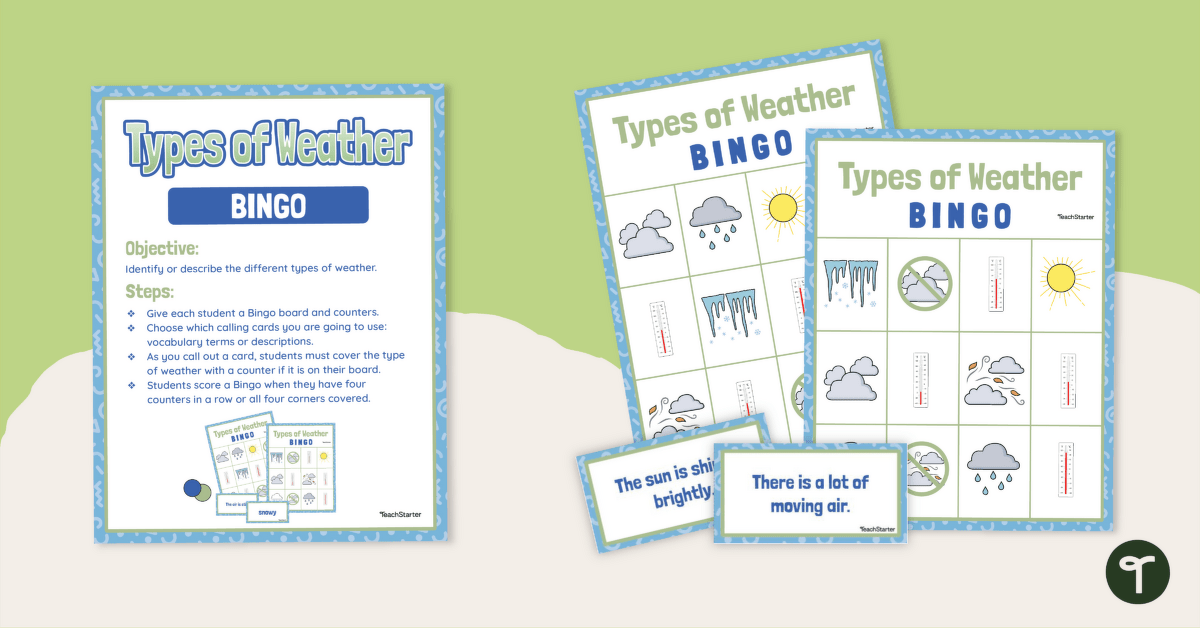

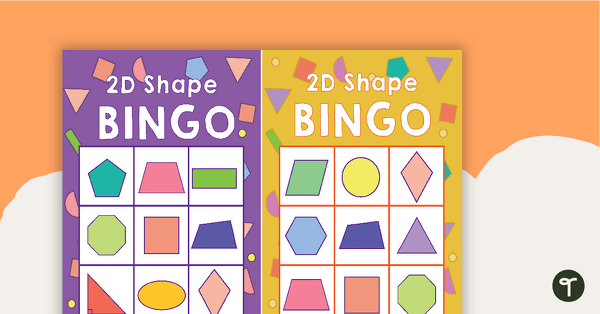
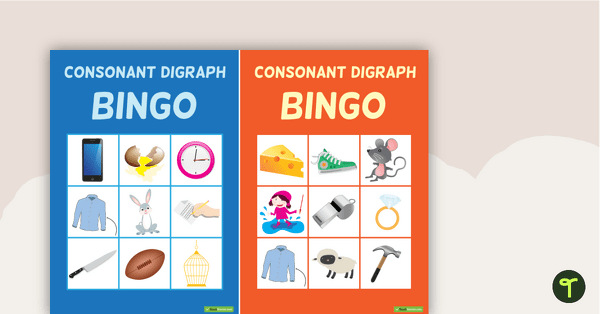
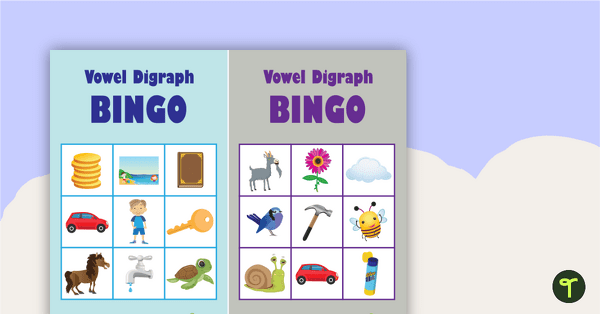
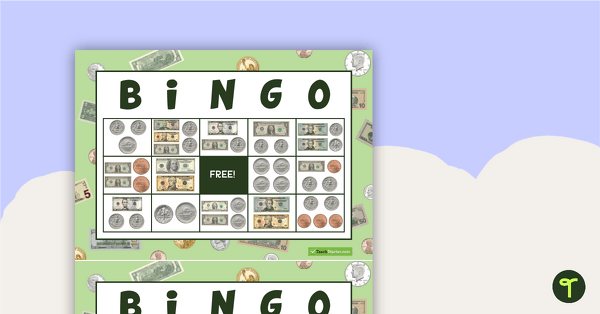
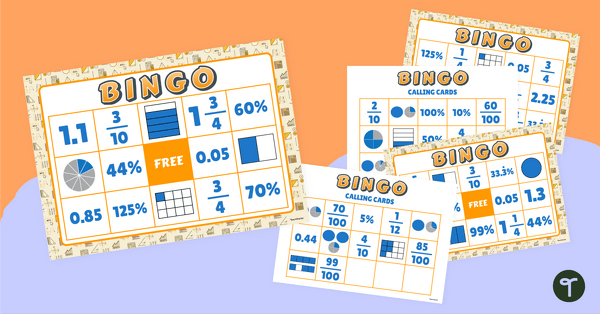
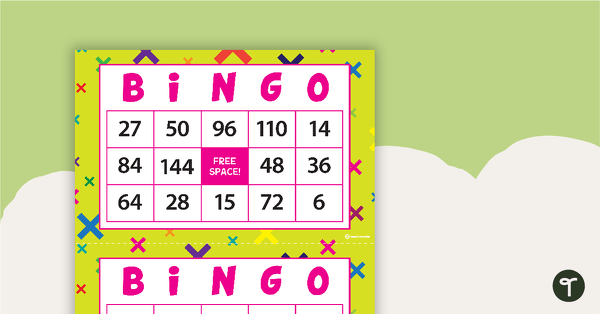
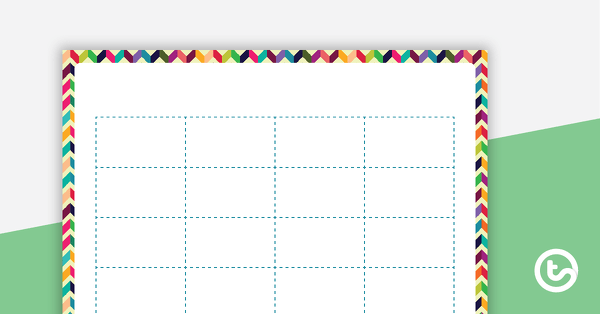
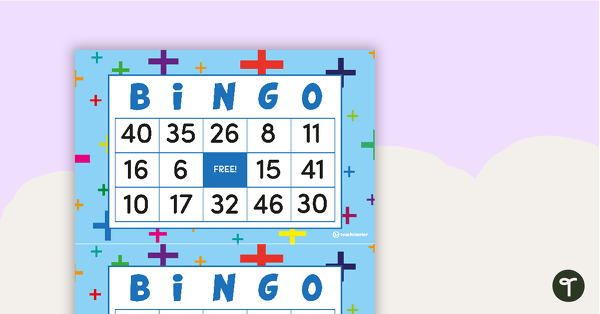
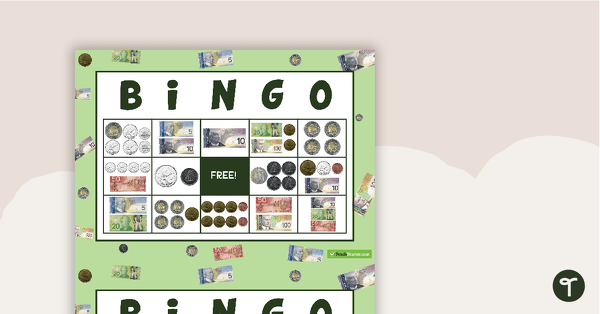
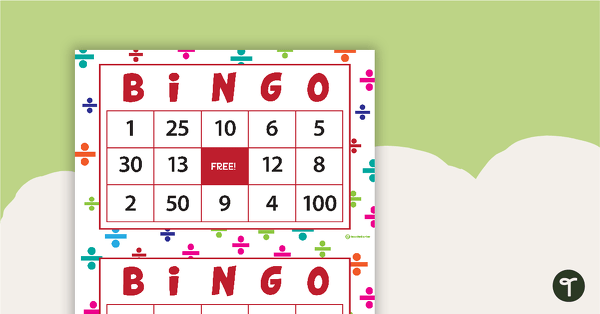
0 Comments
Write a review to help other teachers and parents like yourself. If you'd like to request a change to this resource, or report an error, select the corresponding tab above.